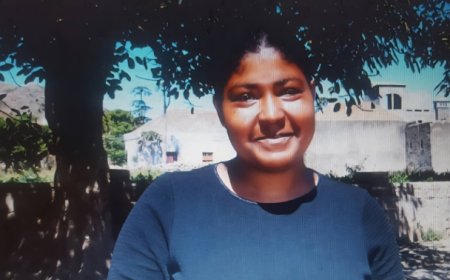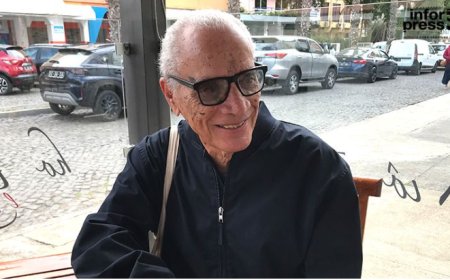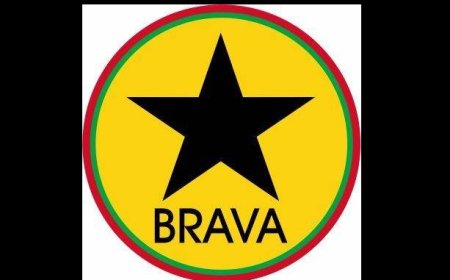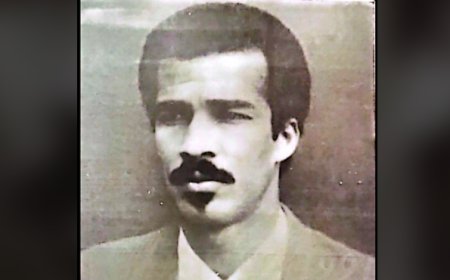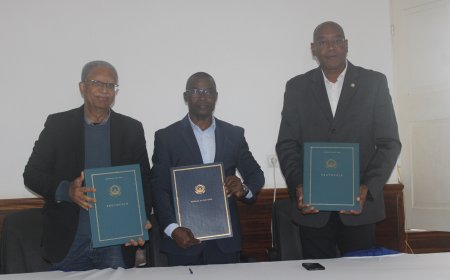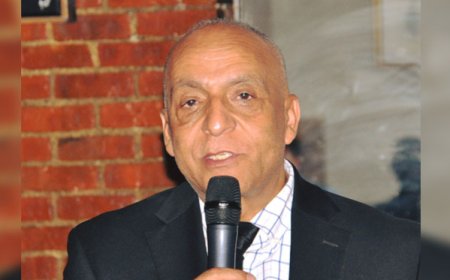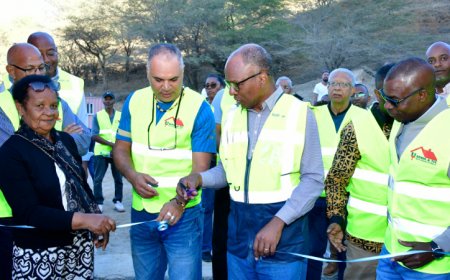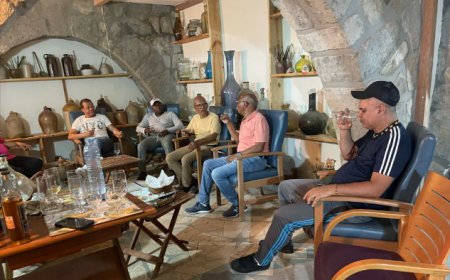Joachim Pease, Cape Verdean, may be the first African recipient of the prestigious Medal of Honor during the US Civil War
Recent research has revealed the fascinating story of Joachim Pease, a Cape Verdean sailor whose exceptional skills helped sink a Confederate warship during the Civil War. Despite having disappeared from historical records for over a century and a half, amateur historians are working to convince the US Navy to recognize Pease as the first African-born recipient of the Medal of Honor.
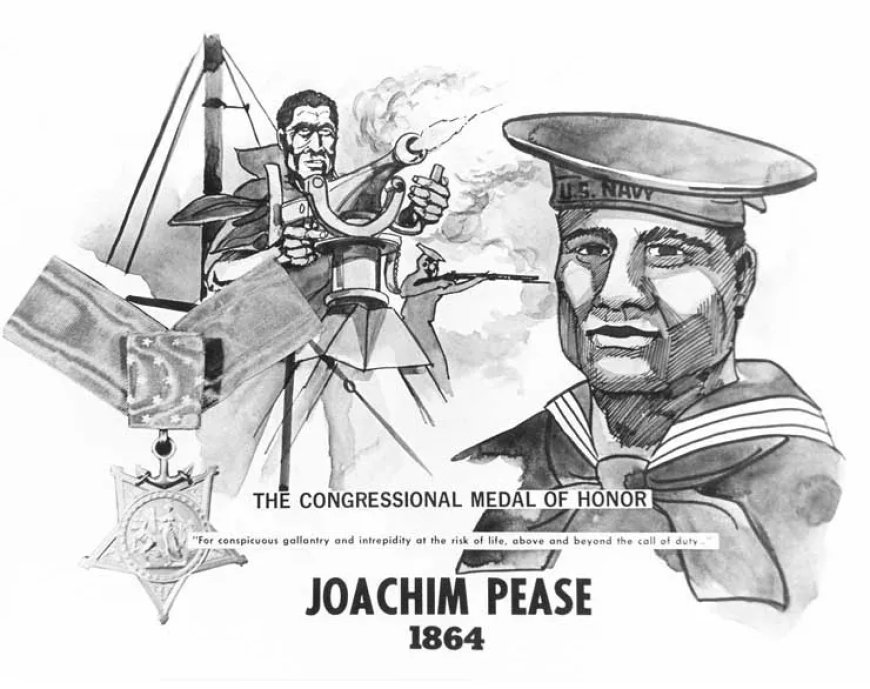
Publication: Smithsonian Magazine
Date: June 21, 2023
In a remarkable story of courage and historical rediscovery, the riveting story of Joachim Pease, a black sailor whose heroic actions helped sink a Confederate warship during the Civil War, emerges from the shadows. For over a century and a half, Pease's contributions were lost to history, until amateur historians began to unravel the intriguing narrative surrounding his life and achievements. Now they seek to correct the past by urging the US Navy to recognize Pease as the first African-born recipient of the revered Medal of Honor.
Joachim Pease's journey begins in the waning days of the Civil War, when his exceptional skills with a deck gun played a key role in the sinking of a notorious Confederate warship. However, his subsequent disappearance from historical records left his story untold, and the Medal of Honor he won for his bravery at the Battle of Cherbourg in 1864 has remained unclaimed in a museum in Washington, D.C. 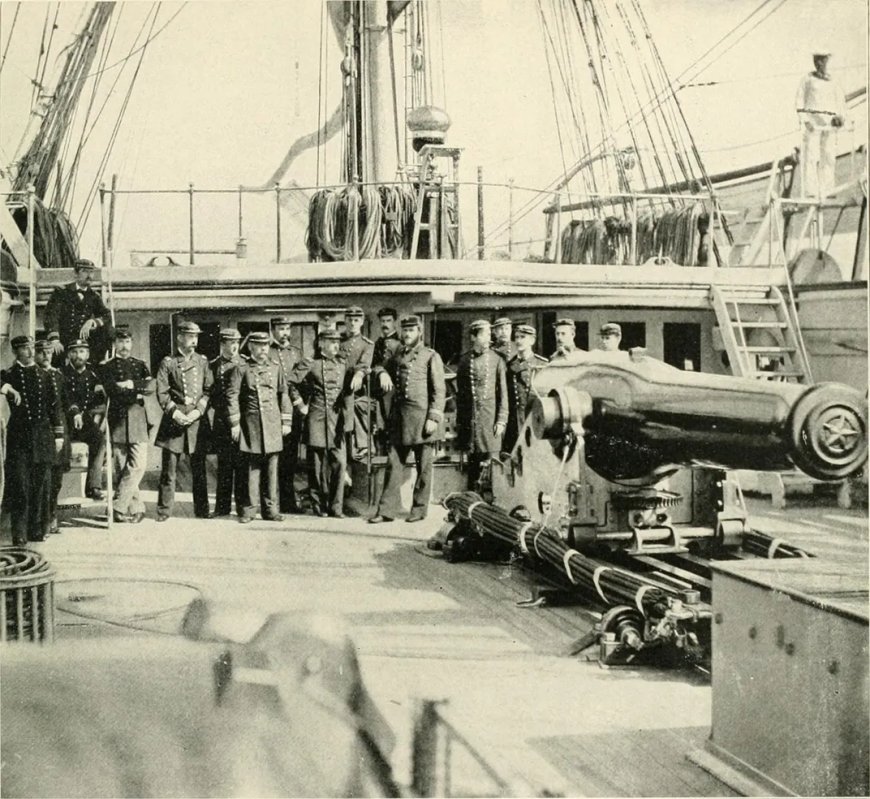
Recent years have seen a resurgence of interest in Pease's life, with dedicated amateur historians piecing together scraps of information to shed light on his remarkable career. Ron Barboza, a retired professor from New Bedford, Massachusetts, and Gerson Monteiro, a professor from Brockton, Massachusetts, both with Cape Verdean roots, have devoted years of research to unraveling Pease's story. They believe that recognizing Pease as the first African-born recipient of the Medal of Honor would provide an opportunity for the Navy to celebrate the contributions of immigrants, especially those from marginalized communities, who have historically been ignored.
Cape Verde, an archipelago off the coast of West Africa, plays a crucial role in Pease's story. Barboza notes that the history of Cape Verdeans in America is still largely unrecorded, despite their significant contributions to the fabric of the nation. Donald Heflin, former US ambassador to Cape Verde, attests to the longstanding presence of Cape Verdean Americans, going back to colonial whaling days. It highlights its proud military tradition, with Cape Verdean Americans participating in America's wars throughout history.
Uncovering the story of Joachim Pease was no easy task for Barboza, Monteiro and fellow amateur historian Ron Tarburton. By examining enlistment records, ship records and archival sources, they gathered evidence suggesting that Pease was a native of Fogo, one of the Cape Verde islands. The handwriting on Pease's enlistment record, previously interpreted as "Togo Island" or "Long Island", has recently been reassessed, pointing to "Fogo Island" as the most likely place of birth. This finding is in line with other known records and strengthens his theory.
Pease's enlistment record reveals that he joined the Navy at New Bedford, a whaling port, in January 1862. Unlike the segregated US Army at the time, the Navy offered opportunities for black sailors. Pease, described as having a "black complexion", enlisted as a common seaman, indicating prior seafaring experience. Records indicate a possible connection to American whaling ships, with a "Joakim Pease" listed among sailors who left on the whaling ship Kensington in 1857. 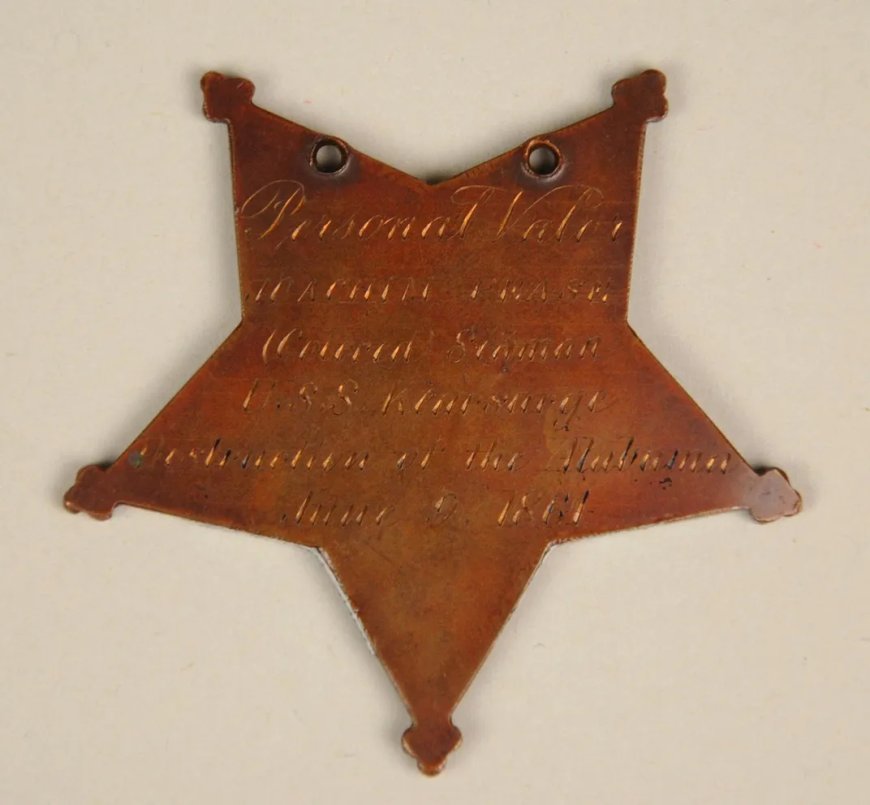
The island of Fogo, known for providing labor to transiting whaling ships, provides context for Pease's possible trajectory. Cape Verdeans played a significant role in the whaling industry during the 19th century, and New Bedford became an important center for whaling. Ships bound for the South Atlantic frequently stopped at Cape Verde to obtain supplies, including local sailors. Economic hardship and natural disasters prompted many Cape Verdeans to seek employment on passing ships, offering an opportunity to escape their impoverished circumstances.
Pease's path took him to the Union steamer USS Kearsarge, where he served alongside 14 other sailors.
















